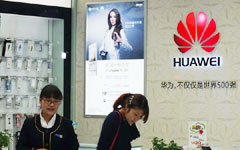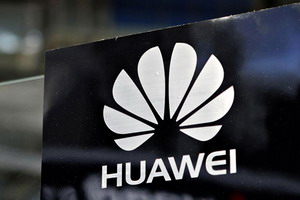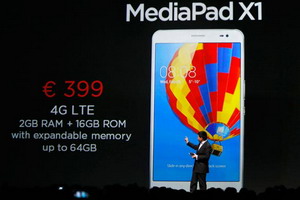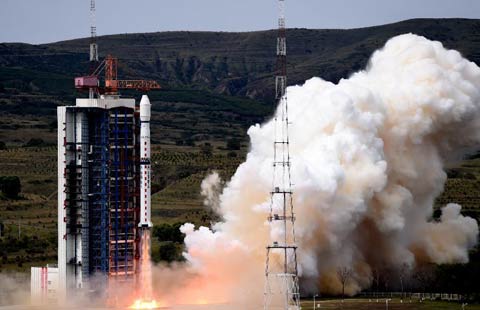Building virtual bridges in South African markets
By Xing Zhigang and Li Jiabao (China Daily) Updated: 2014-05-06 11:28The parent company set up the enterprise business group in 2011 to tap the "blue ocean" beyond the carriers. Robust demand was especially found in the South African market, which is highly developed compared with other African markets and has developed industries, such as finance and banking.
The subsidiary's consumer business in South Africa also switched from selling low-end mobile phones to smartphones three years ago and now has market share just behind Apple Inc and Samsung Electronics Co Ltd.
|
 |
|
 |
Huawei Technologies was one of the first Chinese companies to benefit from overseas expansion. But it also encountered headwinds in developed markets such as the United States and the European Union. Africa has continued to provide Huawei with bright business prospects due to its huge population and growing demand.
"South Africa launched a national development plan last year including huge investment in telecommunications, aiming to cover schools and clinics first and then government authorities and businesses. Once national broadband is established, South Africa will truly embark on the path of innovation," Qi said.
Though revenue from business with carriers accounted for the largest chunk of its revenue, demand from South African enterprises is "infinite". Meanwhile, IT improvement in some cities and government demand for database, cloud and disaster recovery services are also increasing, Qi said.
"We are confident about South Africa's long-term economic prospects. The political situation is stable, and we are not too worried about issues such as strikes."
Low prices were the method the subsidiary used to establish itself in South Africa, but they're no longer the key to success.
"The most important ingredient for our success is technology. Only advanced technology can win the trust of customers. We have the world's leading technology, and the products are stable and the prices competitive. Sometimes, the price of our solutions is not low. Service, or customer satisfaction, is also very important," Qi said.
 |
 |
- Standard Chartered offshore RMB index rises slightly in July
- Shanghai-HK stock link to speed up capital market reforms: Barclays
- Relaxing restrictions on foreign investments
- Fujian on course to help create the new maritime Silk Road
- Foreign investors set sights on new targets
- UK looks to diversify in China
- Malaysia keen to expand trade ties
- HK still top choice for mainland firms
















